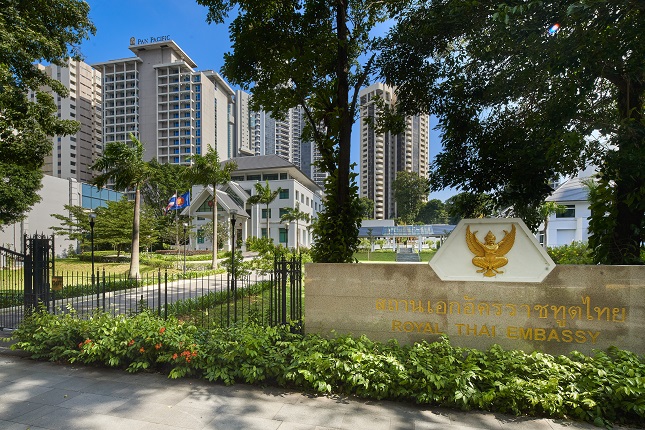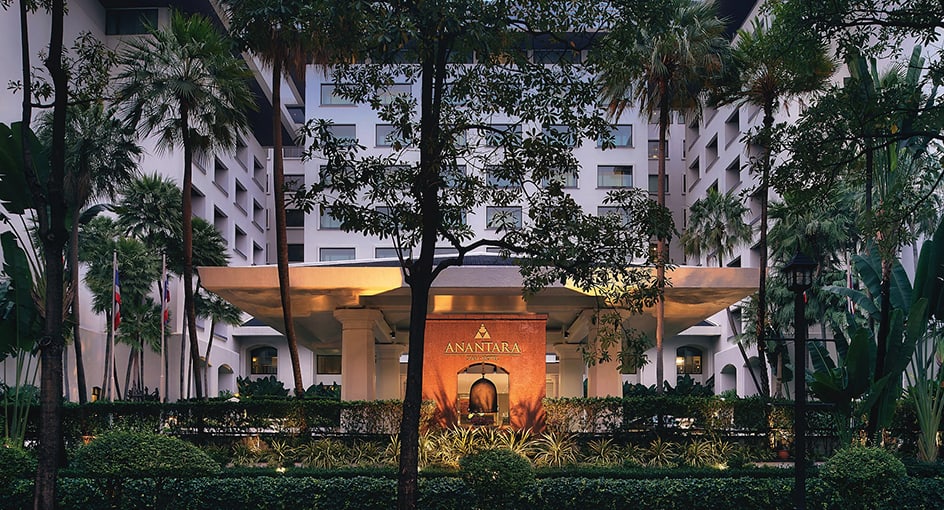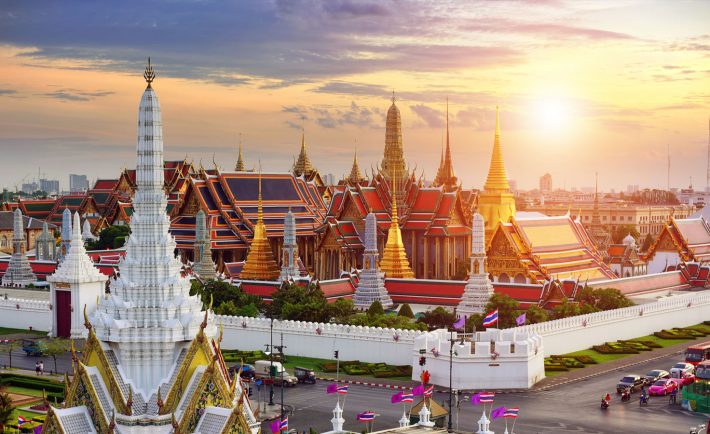Foreign tourists will be able to visit Thailand soon with a special long-stay visa amid COVID-19. Termed as the special tourist visa (STV), it will become available from October to Sep 30 next year. This is part of the government’s efforts to boost the economy, especially the tourism sector.
STV holders will be able to stay in Thailand for 90 days. They may extend the visa twice at a cost of 2,000 Baht (S$87) each time.
Here’s what you need to know about the STV.
STV aims at tourists with spending power
One must be willing to undergo a 14-day quarantine period upon arrival in Thailand. But before that, STV holders must arrange their own trip to Thailand either by a chartered plane or a private aircraft.
Bruno Huber, general manager of Mövenpick BDMS Wellness Resort Bangkok, rightly points out, “Private or purpose-chartered flights would be too prohibitively expensive and greatly reduce the number of potential guests. A functioning and attainable commercial flight solution is integral towards any success.”
How to apply?

Image Credits: roots.sg
Those who have both the time and money to spare can apply for the STV with a travel agent. The travel agent will in turn work with the Tourism Authority of Thailand (TAT) in order to obtain approval from the Thai foreign ministry.
In the application form, applicants must state their Alternative State Quarantine hotel in Thailand for the compulsory 14-day quarantine upon arrival. Currently, there are 74 such hotels nationwide – 69 in Bangkok and 5 in Phuket, Burirum, and Chonburi.
In addition to the above, they will also need to list down their flight details, state their post-quarantine accommodation, and purchase medical insurance for their stay in Thailand. The insurance should have a minimum coverage plan worth USD100,000 (S$137,000).
Upon successful application, a Certificate of Entry (COE) to Thailand will be issued. Applicants can collect the COE from the Thai embassy in their country.
Preparing for travel and arrival
Before travelling, individuals must obtain a fit-for-travel health certificate and a medical certificate stating they are free of COVID-19. The certificate should be issued no longer than 72 hours before departure.
Upon arrival, one will have to go through a health screening. If tested positive for COVID-19, they will be admitted to the local hospital. If all is well, they may proceed straight to their chosen quarantine facility.
STV holders can travel in Thailand after serving their quarantine. But they will need to install a COVID-19 contact tracing app before they can go about their daily activities.
Tourism operators and hotels rejoice with concerns

Image Credits: anantara.com
Daniel Simon, general manager of Anantara Siam Bangkok Hotel, said that all visitors going to Thailand will help to stimulate the hotel sector. This will in turn help support suppliers from fisherman and farmers to tour guides and small businesses.
“The Thai government’s planned special tourist visa programme is a step in the right direction, but we look forward to more measures which will quickly, but safely, open the kingdom to international travellers once again,” he added.
Pichanan Kongchana from Roast8ry Lab, a café in Chiang Mai, shares that while she believes this scheme would help improve the economy, she’s also concerned about safety.
“We want tourists to visit,” Pichanan said. “But I want the government to issue them some sort of document they can show to us. This way, we won’t have to be worried.”
As of Sep 25, Thailand has carried out 977,854 COVID-19 tests nationwide, according to a spokesperson of the COVID-19 Situation Administration Centre. The country has reported more than 3,500 cases of COVID-19 and 59 deaths. At the time of writing, 117 patients remain in hospitals.

